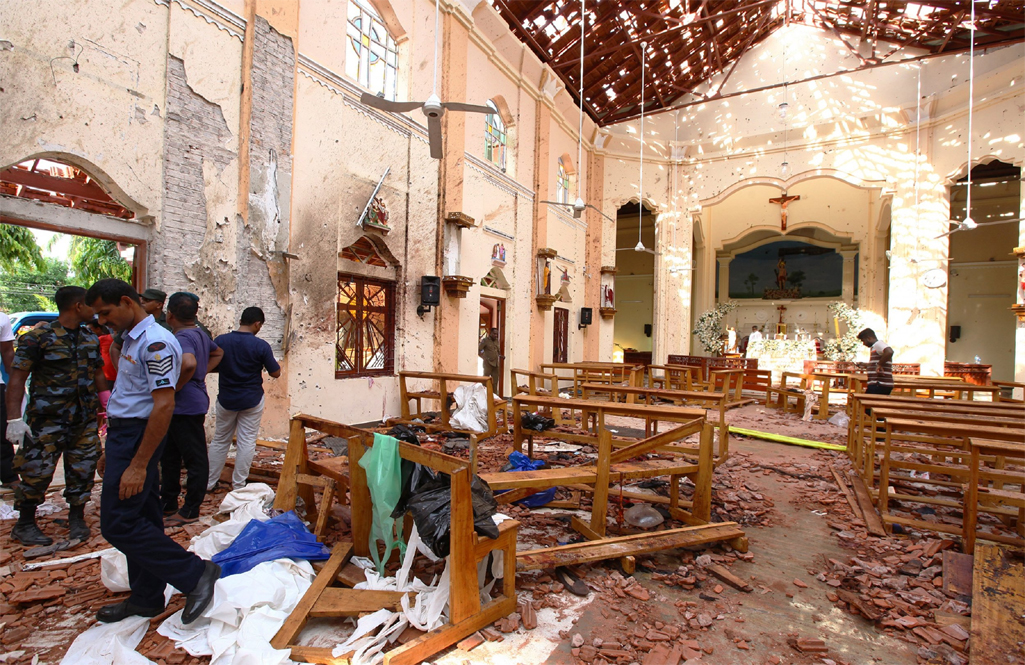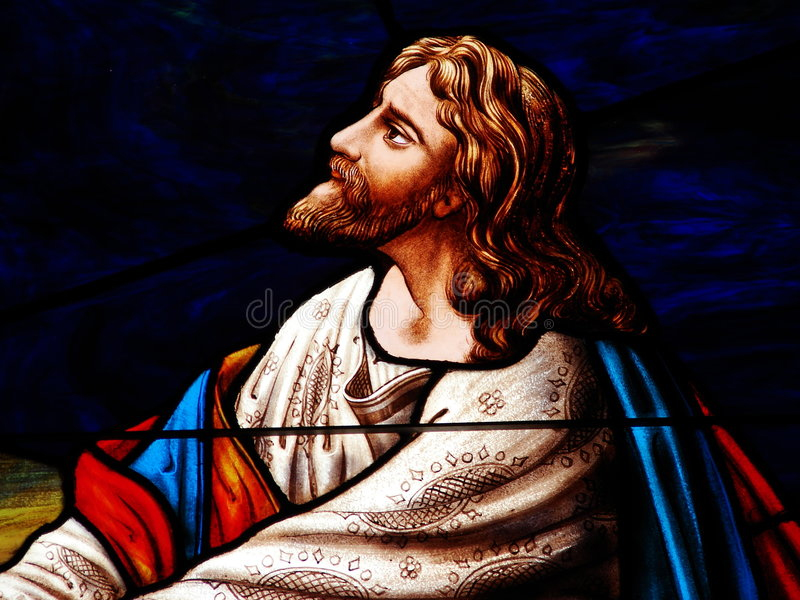Christian Art | Jesus Teaches Children | Our Christian Faith | Love Revealed By Jesus
Office Of Readings | Week 27, Sunday, Ordinary Time | A Reading From The Pastoral Rule Of Pope Saint Gregory The Great | Let The Pastor Be Discreetly Silent, And To The Point When He Speaks
‘A religious leader should be careful in his silences and useful in his utterances.’
Saint Gregory the Great’s Pastoral Guide is among the foundational texts on Christian leadership and ministry. In this passage, Gregory explores the delicate balance required of every spiritual guide — the tension between silence and speech, between caution and courage. His words address pastors and teachers, but their insight extends to all who exercise responsibility for others.
The central principle is that speech must serve truth and charity. A pastor, Gregory insists, must be ‘silent when discretion requires’ and ‘speak when words are of service’. The key is discernment: both speech and silence can be virtuous or sinful depending on their purpose. Unmeasured or thoughtless speech may wound, mislead, or distract; yet silence, when truth or justice demand a word, can become complicity. Gregory’s concern is not merely rhetorical but moral — the misuse of speech, whether by recklessness or cowardice, has spiritual consequences for both the pastor and those in his care.
Drawing from Scripture, Gregory interprets the prophet’s image of ‘dumb dogs that cannot bark’ as a condemnation of pastors who remain silent in the face of evil. Their silence is not humility but fear — fear of losing human approval or security. In contrast, the true shepherd resists the ‘powers of this world in defence of the flock’, standing firm ‘on the day of the Lord’. The pastoral task is thus depicted as a form of spiritual combat, in which words, when rightly used, are weapons of truth and healing.
Gregory’s analysis of prophecy provides another layer of meaning. Teachers in the Church are called ‘prophets’ not because they foretell the future but because they expose the illusions of the present and reveal the enduring reality of God. When they fail to ‘point out wickedness’, they become false prophets, offering ‘an empty promise of safety’. For Gregory, correction is not condemnation but liberation: ‘the word of reproach is a key that unlocks a door.’ By naming sin, the pastor helps the sinner recognise his need for repentance and return to God. In this sense, speech — when used rightly — opens the way to conversion.
Gregory further grounds this responsibility in the New Testament. The bishop, according to Saint Paul, must be able to ‘encourage men in sound doctrine and refute those who oppose it’. Likewise, Malachi describes the priest as ‘the messenger of the Lord of hosts’ whose lips ‘preserve knowledge’. The priest’s speech, therefore, is a sacred trust: it communicates divine wisdom, not personal opinion. To be silent when truth must be spoken is to fail in this ministry of stewardship.
The closing image is striking and deeply symbolic. At Pentecost, the Holy Spirit descended ‘in the form of tongues’ — a sign that divine inspiration impels proclamation. For Gregory, this means that those filled with the Spirit are moved to speak truthfully and boldly. A pastor who cannot speak for God is a ‘dumb herald’, unable to warn, guide, or comfort. The Spirit’s fire, in contrast, gives voice, conviction, and clarity.
Gregory’s vision of pastoral ministry thus combines humility with courage. The pastor must discern when silence serves mercy and when speech serves justice; he must correct without cruelty and teach without arrogance. But above all, his speech must be inspired by the Spirit — not by fear or pride — so that it becomes a true instrument of divine truth and love.

A Reading From The Pastoral Rule Of Pope Saint Gregory The Great | Let The Pastor Be Discreetly Silent, And To The Point When He Speaks
A spiritual guide should be silent when discretion requires and speak when words are of service. Otherwise he may say what he should not or be silent when he should speak. Indiscreet speech may lead men into error and an imprudent silence may leave in error those who could have been taught. Pastors who lack foresight hesitate to say openly what is right because they fear losing the favor of men. As the voice of truth tells us, such leaders are not zealous pastors who protect their flocks, rather they are like mercenaries who flee by taking refuge in silence when the wolf appears.
The Lord reproaches them through the prophet: They are dumb dogs that cannot bark. On another occasion he complains: You did not advance against the foe or set up a wall in front of the house of Israel, so that you might stand fast in battle on the day of the Lord. To advance against the foe involves a bold resistance to the powers of this world in defense of the flock. To stand fast in battle on the day of the Lord means to oppose the wicked enemy out of love for what is right.
When a pastor has been afraid to assert what is right, has he not turned his back and fled by remaining silent? Whereas if he intervenes on behalf of the flock, he sets up a wall against the enemy in front of the house of Israel. Therefore, the Lord again says to his unfaithful people: Your prophets saw false and foolish visions and did not point out your wickedness, that you might repent of your sins. The name of prophet is sometimes given in the sacred writings to teachers who both declare the present to be fleeting and reveal what is to come. The word of God accuses them of seeing false visions because they are afraid to reproach men for their faults and thereby lull the evildoer with an empty promise of safety. Because they fear reproach, they keep silent and fail to point out the sinner’s wrongdoing.
The word of reproach is a key that unlocks a door, because reproach reveals a fault of which the evildoer is himself often unaware. That is why Paul says of the bishop: He must be able to encourage men in sound doctrine and refute those who oppose it. For the same reason God tells us through Malachi: The lips of the priest are to preserve knowledge, and men shall look to him for the law, for he is the messenger of the Lord of hosts. Finally, that is also the reason why the Lord warns us through Isaiah: Cry out and be not still; raise your voice in a trumpet call.
Anyone ordained a priest undertakes the task of preaching, so that with a loud cry he may go on ahead of the terrible judge who follows. If, then, a priest does not know how to preach, what kind of cry can such a dumb herald utter? It was to bring this home that the Holy Spirit descended in the form of tongues on the first pastors, for he causes those whom he has filled, to speak out spontaneously.
Christian Prayer With Jesus Christ
Lord of truth and wisdom,
you have entrusted your word to the lips of your servants.
Grant to all who guide your people
the grace to speak with courage and to be silent with discernment.
May their words heal, instruct, and console;
may their silence protect what is holy.
Fill your Church anew with the fire of your Spirit,
that we may bear witness to your truth
and proclaim your mercy to all the world.
Through Christ our Lord.
Amen.
Glossary Of Christian Terms
Saint Gregory the Great (c. 540–604) – Pope from 590, theologian, and reformer. His Pastoral Guide (Regula Pastoralis) became a standard manual for bishops and clergy throughout the Middle Ages.
Pastoral Guide (Regula Pastoralis) – A treatise written by Gregory outlining the duties, character, and responsibilities of spiritual leaders. It emphasises humility, discernment, and moral vigilance.
Discretion – The spiritual virtue of right judgment; knowing when to speak or remain silent, and how to act appropriately in different circumstances.
‘Dumb dogs that cannot bark’ – A biblical image from Isaiah 56:10 used here to describe negligent pastors who fail to warn or protect their flock.
Prophet – In Gregory’s usage, not primarily a foreteller of the future but a teacher who interprets divine truth and exposes moral error.
‘Word of reproach’ – A term Gregory uses to describe corrective speech that reveals sin and leads to repentance; it is both truthful and medicinal.
Pentecost – The event described in Acts 2 when the Holy Spirit descended upon the apostles, symbolised by tongues of fire, empowering them to preach boldly.
Mercenary shepherd – A biblical figure (from John 10:12–13) representing a leader who serves for personal gain rather than genuine care for the flock.
Discernment of speech – The practice of aligning one’s words with God’s will; a central theme in Gregory’s pastoral and moral teaching.








